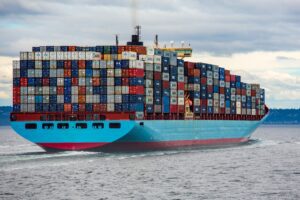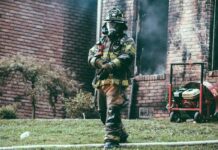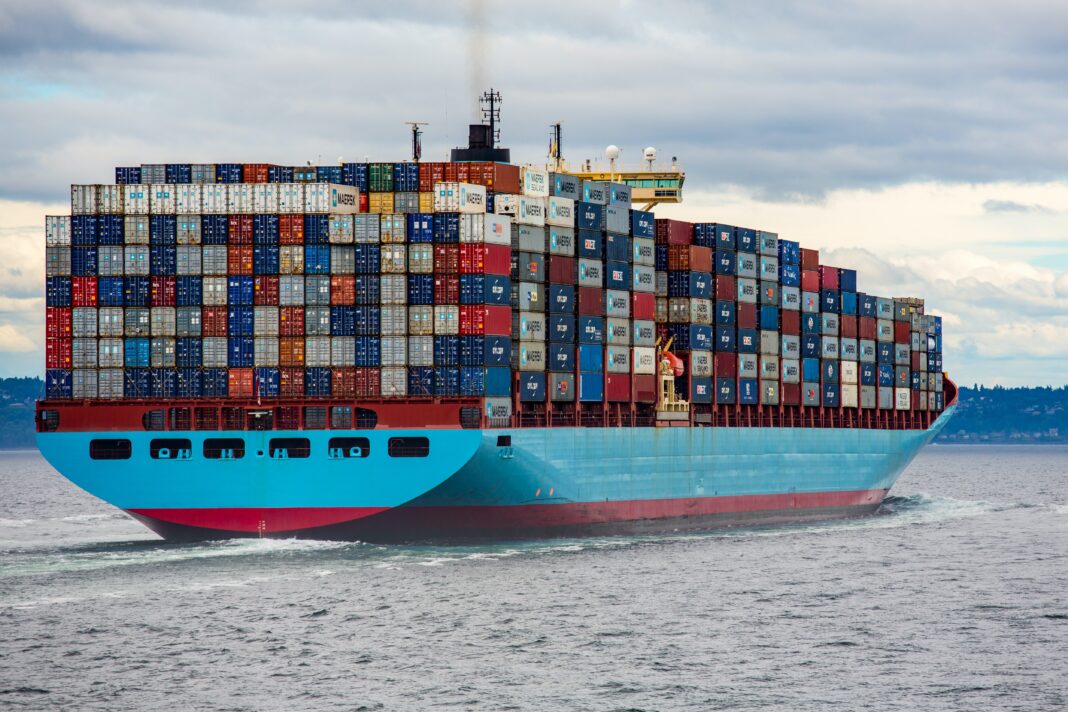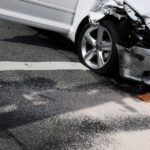A fire aboard a cargo ship docked at Port Newark, New Jersey resulted in the deaths of two Newark firefighters.
Two men – Augusto Acabou, 45, and Wayne Brooks Jr., 49 – were longtime veterans of the fire department. They became trapped on board the burning ship during the initial response.

In addition to the two men who were killed, six other firefighters were injured. The ship which caught fire, Grande Costa d’Avorio, held 1,200 vehicles as cargo for export to west Africa.
These vehicles were at least partially filled with both gasoline and oil, which likely fueled the fire and caused multiple explosions according to WSWS.org. In addition to the deaths and injuries, the blaze has the potential to release hazardous materials into the New York/New Jersey metropolitan area.
Also, firefighters sprayed large amounts of water onto the blaze, potentially polluting Newark Bay with the runoff.
According to United States Coast Guard officials, the fire is now contained and the channel was reopened to boat traffic at Port Newark.
“Firefighters and first responders consistently put their lives in danger to save lives in their communities. We are deeply saddened by the loss. It is a reminder that we all need to stand tall and advocate for full compensation, survivor benefits and for coverage that gives firefighters benefits under “presumptive cause” laws when they become ill,” said firefighter injury attorney Brian Colón.
Firefighters and their families who’ve been injured in the line of duty can contact the attorneys at Singleton Schreiber by calling 866-331-9303 or by emailing info@singletonschreiber.com.
Port Newark Firefighter Injuries
The extreme difficulty of the Port Newark fire was unique. The president of the Newark Fire Officers Union, Anthony Tarantino, said the hoses available at the beginning of the blaze were too small.
He said the combination of fighting a fire in the equivalent of a 12-story building on a ship with a 1-inch diameter hose “caused the deaths of our brave brothers.” Another fire official, Chief Rufus Jackson, said fighting a fire on a cargo ship of that size was a unique challenge for them.
The fire apparently burned at high temperatures and spewed thick, black smoke into the air. Coast Guard officials acknowledged there was a likely environmental impact due to the fire, and the other firefighters may have ingested serious toxins while fighting the blaze.
The president of Gallagher Marine Systems, which is leading the salvage effort, stated that the concentrations of the toxic substance sulfur dioxide have been measured at unsafe levels two times so far.
The Newark Port, located on the Passaic River, is a bustling hub of industrial and commercial activities, handling a significant volume of cargo and shipments. In recent years, it has unfortunately become the site of a tragic incident that resulted in the loss of brave firefighters.
The Newark Port, with its diverse range of operations and vast warehouses, poses unique challenges to firefighting efforts. The storage of flammable materials, hazardous chemicals, and combustible goods significantly increases the risk of fires. The intense heat, heavy smoke, and structural complexities within these large industrial spaces can quickly overwhelm even the most experienced firefighters.
When a fire breaks out at the Newark Port, first responders face numerous obstacles in their attempts to control and extinguish the flames. The sheer size of the facilities, limited access points, and unfamiliar layouts make navigation and containment efforts difficult. Additionally, the presence of hazardous materials adds an extra layer of complexity to the situation, requiring specialized knowledge and equipment.
Tragically, despite their unwavering bravery and commitment to saving lives, firefighters have lost their lives in these challenging circumstances. These courageous men and women put their own safety at risk to protect others and ensure the well-being of their communities. Their dedication and sacrifice are a testament to their noble profession.
Incidents like these serve as a reminder of the inherent dangers faced by firefighters every day. They highlight the need for equipment upgrades and improved safety protocols to minimize risks and enhance the effectiveness of firefighting operations.
As a community, it is crucial to honor the memory of the fallen firefighters and support their families during these difficult times. Their sacrifices should inspire a renewed commitment to fire safety, emergency preparedness, and ensuring the well-being of those who selflessly put their lives on the line to protect others.
“This seems like a tragedy which could have been avoided,” Mr. Colón added. “It seems there was a lack of readily available equipment combined with extremely dangerous conditions. This is a recipe for disaster, and one those in charge should have been aware of. The families of the brave firefighters who perished, as well as the injured firefighters, are likely eligible for compensation and should contact an attorney right away.”
Firefighters and their families who’ve been injured in the line of duty can contact the attorneys at Singleton Schreiber by calling 866-331-9303 or by emailing info@singletonschreiber.com.

































